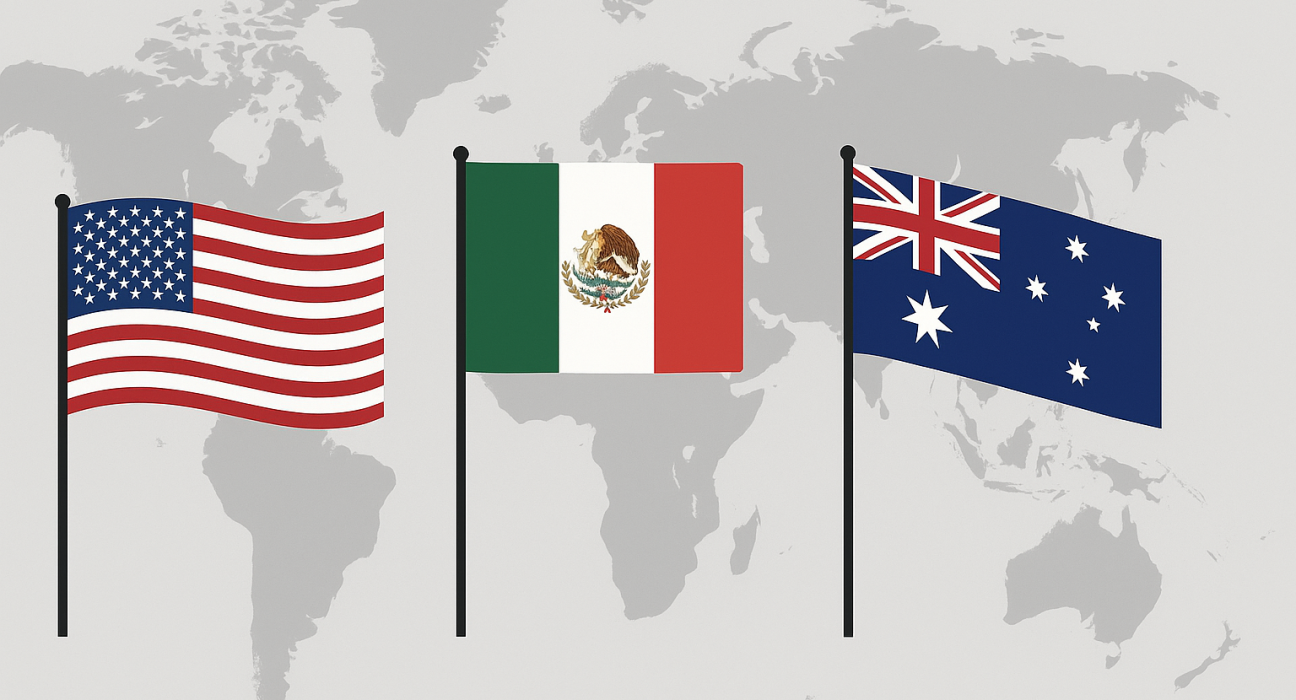According to the Universal Postal Union (UPU), a specialized agency of the United Nations overseeing global mail coordination, at least 25 countries have suspended postal package deliveries to the United States due to confusion about newly announced tariff rules. ([turn0news34]; [turn0news36])
Key Details
- Tariff Policy Change: The shift stems from the U.S. ending its long-standing “de minimis” duty exemption—effective August 29, 2025—which allowed low-value packages (under $800) to enter the country duty-free. The new policy subjects all packages above $100 to duties ranging from 10%–50%, or a flat fee of $80–$200, depending on origin and item type. ([turn0news34]; [turn0news35])
- Global Response: Postal operators from a broad range of countries—including those in Europe, Asia, the Americas, and the Pacific—have paused sending parcels to the U.S. They cited insufficient time and unresolved operational procedures for collecting duties on behalf of U.S. Customs and Border Protection. ([turn0news39]; [turn0news41]; [turn0news37])
- Notable Examples:
- Mexico, through its national postal service Correos de México, confirmed a suspension of shipments to the U.S. amid ongoing negotiations over the new framework. ([turn0news37])
- Australia Post has also halted U.S.-bound parcels, while assuring cooperation with U.S. and global postal authorities to find solutions. ([turn0news41])
- UPU’s Role: The UPU has highlighted the disruption risks to international mail flows and is coordinating with U.S. authorities to establish clear duty collection mechanisms. However, the agency stressed that the sudden implementation leaves little time for global postal systems to adapt. ([turn0search52]; [turn0search25])
Implications
| Area | Potential Effects |
|---|---|
| Consumers & Businesses | Increased shipping costs and delays for small-value imports; e-commerce sellers may face higher operational burdens. |
| Postal Operations | Global postal service providers must develop new systems to manage envelope-level duties or suspend services entirely. |
| Diplomatic & Trade Friction | The disruption may escalate tensions between the U.S. and trading partners, especially in broader tariff negotiations. |
| Logistical Realignment | There may be increased reliance on private courier services already equipped to handle customs clearance. |
Neutral Reflection
The suspension of international mail services to the U.S. underscores rising global concerns over the abrupt tariff policy change. While the U.S. government aims to curb abuse of its “de minimis” regime, postal systems worldwide are seeking clarity and logistical support to comply. Until frameworks are firmly in place, disruptions for businesses and consumers are likely to continue.
